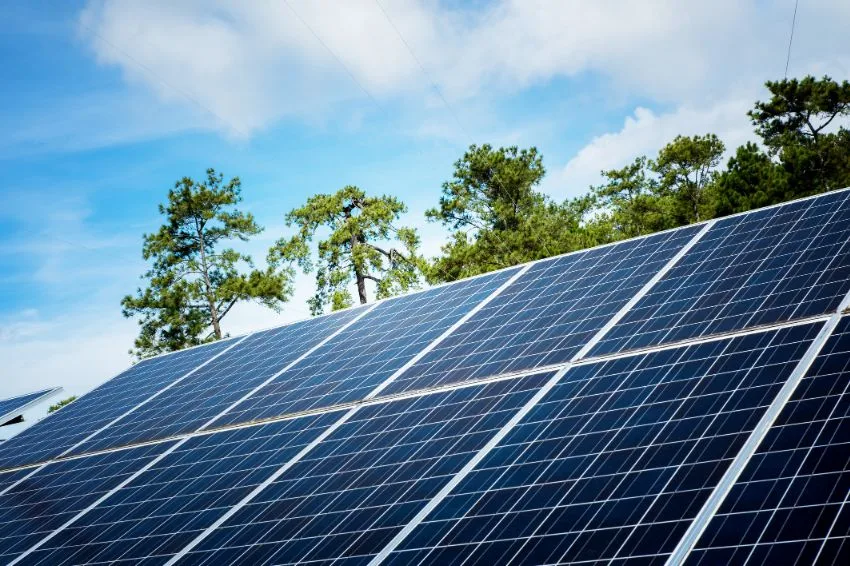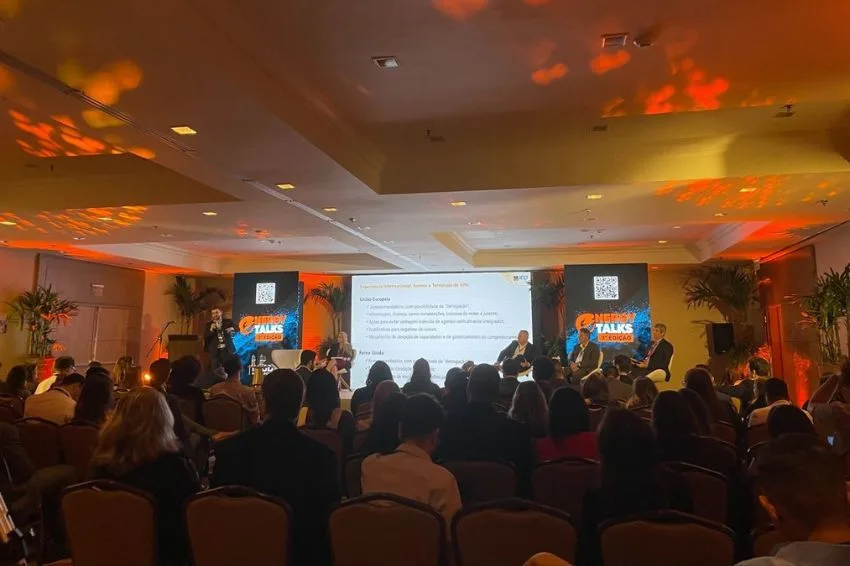BloombergNEF, a renowned financial market research and analysis institution, recently released significant changes to its classification criteria for solar module manufacturers, generating doubts and concerns in the photovoltaic industry.
BloombergNEF’s “Tier 1” categorization is widely recognized as a seal of quality for solar module manufacturers, indicating their bankability and market acceptance. However, recent changes to categorization guidelines have raised eyebrows and sparked debate about the credibility of this system.
New categorization criteria – stricter or more challenging?
The central point of the controversy lies in the third topic of BloombergNEF's new methodology. Previously, to be considered a Tier 1 solar module manufacturer, it was necessary to supply products to at least six different projects, each financed by six different commercial banks, with a capacity greater than 1.5 MW.
However, from the first quarter of 2024, BloombergNEF changed this criterion, requiring projects to have a capacity greater than 5 MW.
This change, applied for the first time this year, raises questions about the validity and reliability of BloombergNEF's categorization process.
Manufacturers that were previously considered Tier 1 may now find themselves outside of this select group due to the new capacity requirement, which can directly affect their reputation and market share.
Flexibility or lack of stability?
Another point that generated controversy is BloombergNEF's reservation of the right to change these criteria at any time. Although the institution argues that this flexibility allows it to quickly adapt to changes in the market, critics see this as a lack of stability and predictability in the categorization process.
The solar industry is highly dynamic, with technological advances and changing market conditions occurring rapidly. However, BloombergNEF's ability to change criteria without notice could leave manufacturers and investors in a state of constant uncertainty.
Expert opinion and alternative recommendations
In light of these changes, industry experts recommend that buyers and financial institutions do not exclusively use the BloombergNEF list as a reference for the quality of solar modules.
Instead, they advise consulting with due diligence techniques that offer a more comprehensive assessment, including detailed analysis of production facilities and accelerated degradation testing.
While BloombergNEF remains a reputable source of market information, recent changes to its categorization criteria have generated a wave of questions about the stability and reliability of this system.
The impact of these changes on the solar industry will only be fully understood as manufacturers and investors adapt to this new reality.















